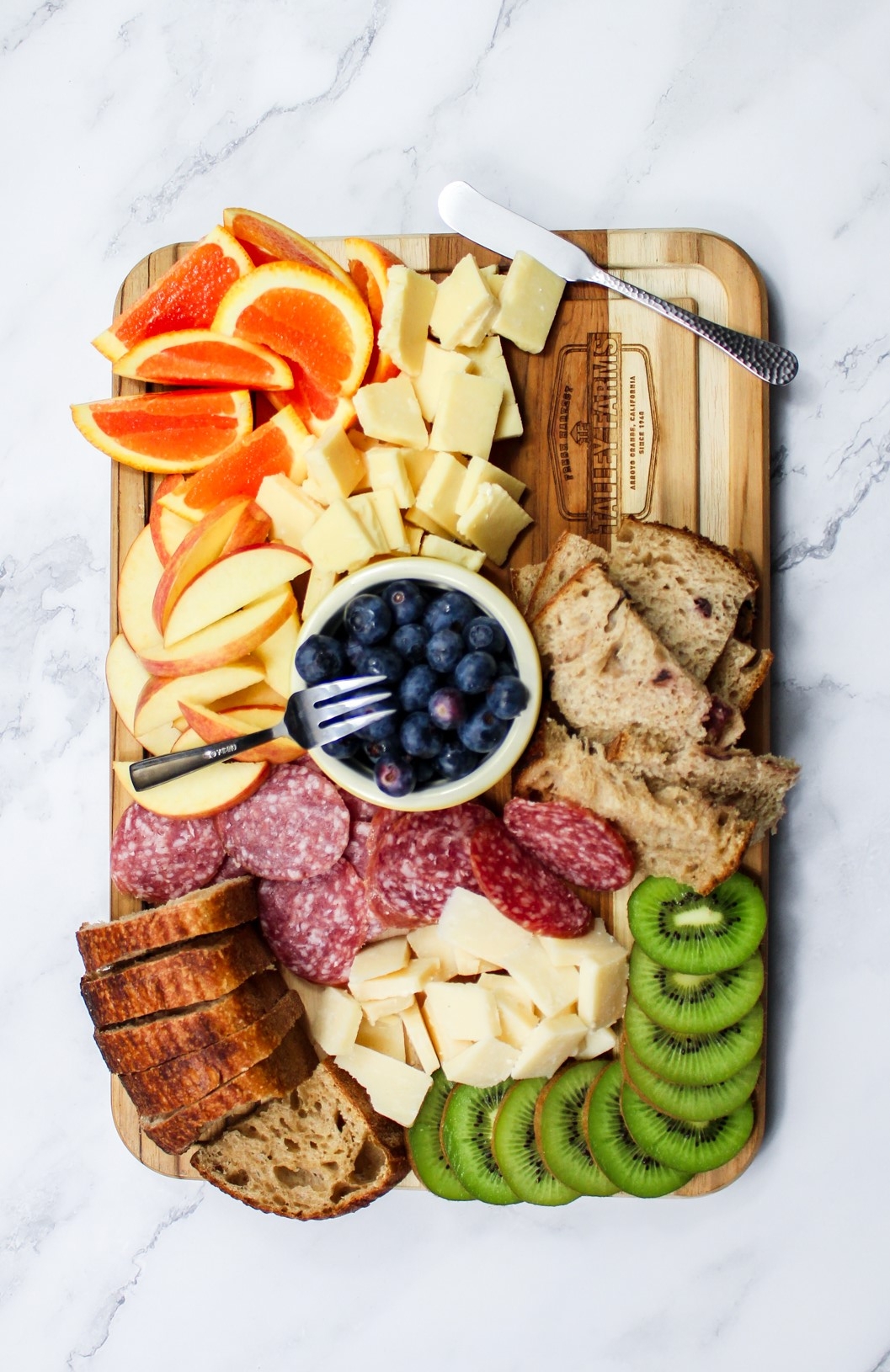The human gut, home to more than 100 trillion microorganisms, is considered the most densely populated microbial habitat known on earth. Each person’s gut microbiome is as unique to them as their finger print and it is constantly changing. Every breath you take, every food you eat, and every person or place you encounter has an impact on your microbiome. Consider your gut as a garden of microorganisms that communicates with you and even influences your thoughts, feelings and choices in profound ways.
The food you eat plays an essential role in establishing the types of microflora found in your gut. These bacteria living in your intestines then dictate what foods you crave, your feelings after eating a meal, your activity levels, quality of sleep, the strength of your immune system, and many more aspects to physiology that research is just beginning to discover. So, if you are frequently fatigued and sluggish throughout the day, sleep deprived at night, craving excessive amounts of sugar, plagued by indigestion, cramps, or bloating after meals, and/or have overall feelings of anxiousness or depression you may be suffering from an imbalance in your gut.
Restoring gut health is a gradual process, similar to growing a garden. You will feel instantly refreshed when the weeds of harmful bacteria are removed and replaced with life-giving gut flora. But these good guys need care and nourishment to thrive, which involves wholistic lifestyle changes. Getting outdoors, breathing fresh air, reducing stress with consistent sleep and exercise, and of course dietary choices can all impact the quality of your gut health.
There are two main goals to focus on when improving gut health: increase the diversity of microflora with probiotics and keep the colonies of microflora well-fed with prebiotics. Probiotics are found in fermented foods, such as yogurt, kombucha, pickles, sauerkraut, kimchi, miso, raw vinegar, cultured dairy and aged cheeses. Due to the commercialization of our food system, these foods that were once commonplace in our ancestor’s kitchens are now rarely consumed. For optimal gut health it is essential to diversify your microflora with fermented foods.
The key, however, to keep these bacteria in your gut and not to waste them away in the toilet is to feed them with prebiotics (aka fiber). Eating a wide variety of brightly colored produce, dark leafy greens, fibrous beans, nuts, and whole grains is essential to maintaining healthy microbes in your gut. It is no coincidence that the best foods for your health are also the best nourishment for our friendly microbes as well. Take care of your internal garden and it will in turn care for you.



